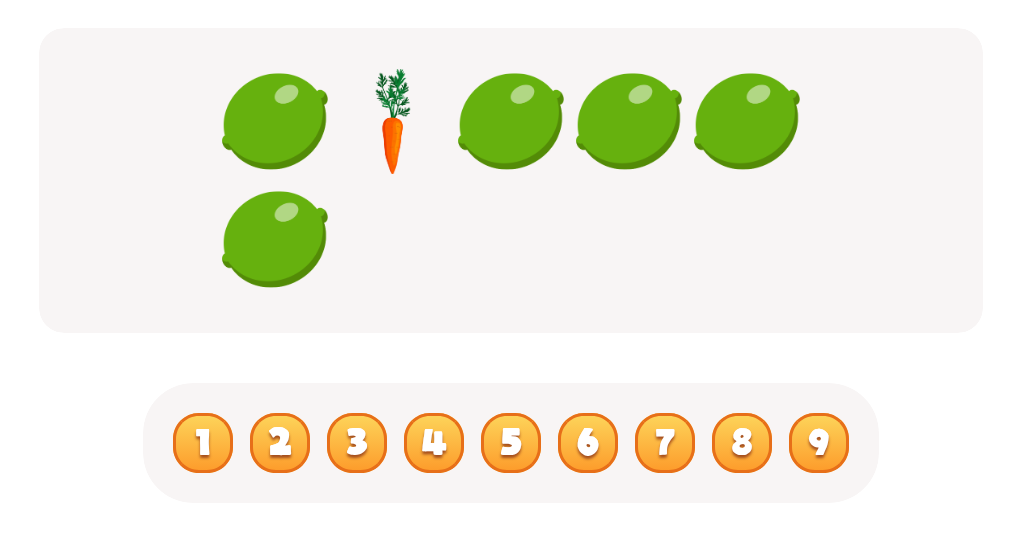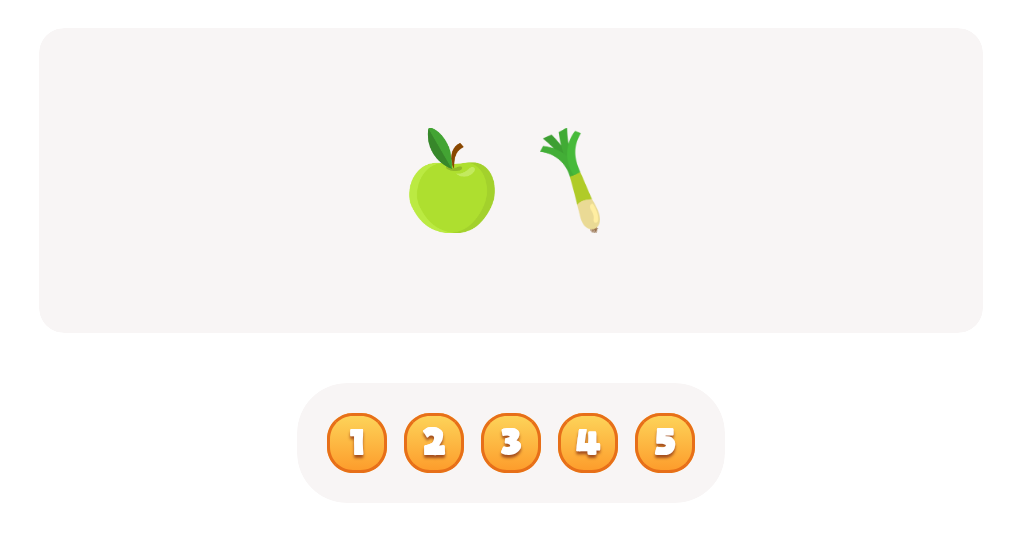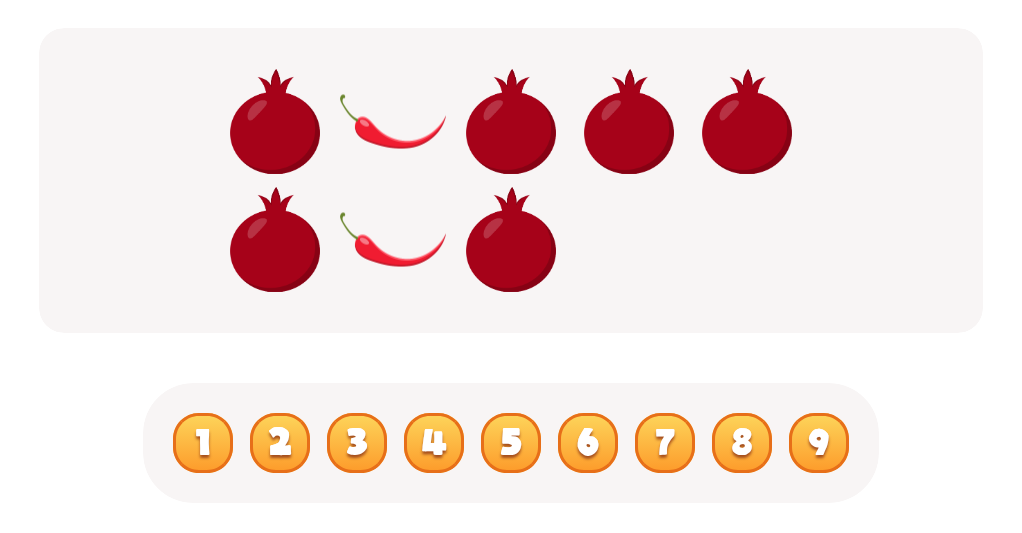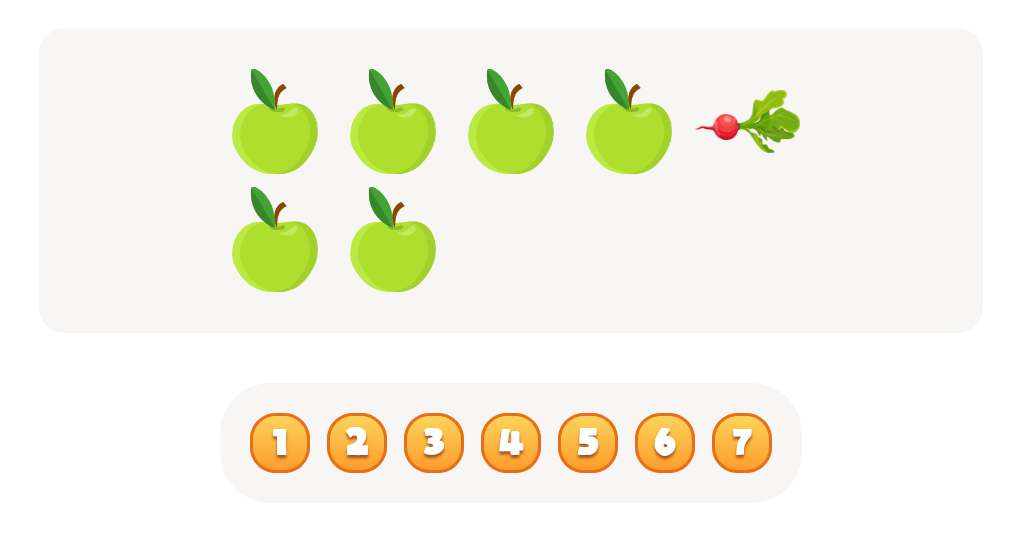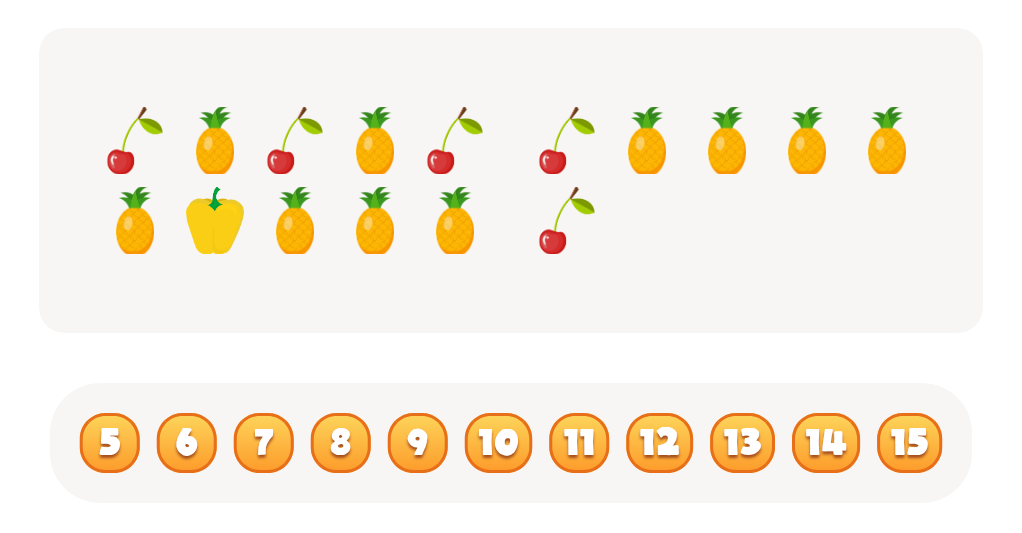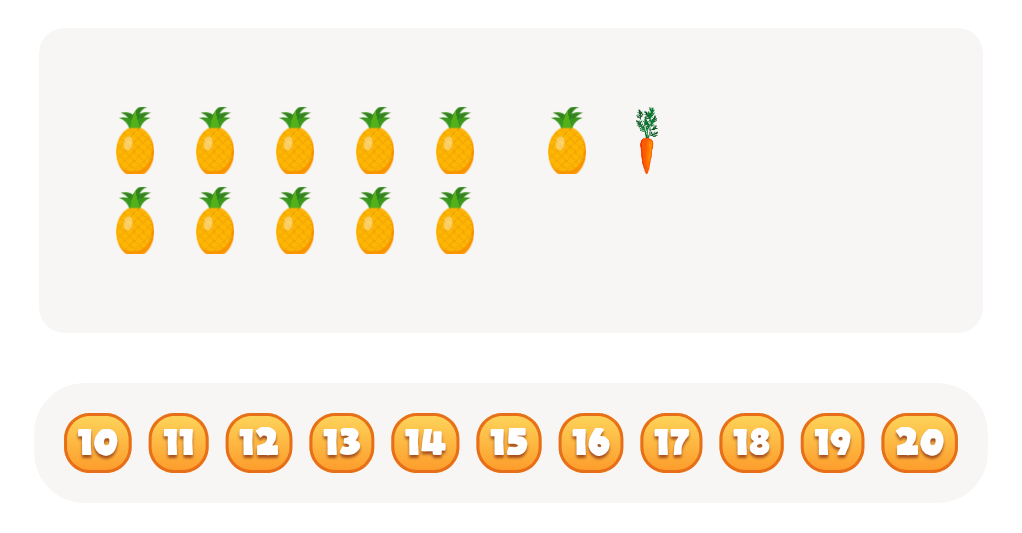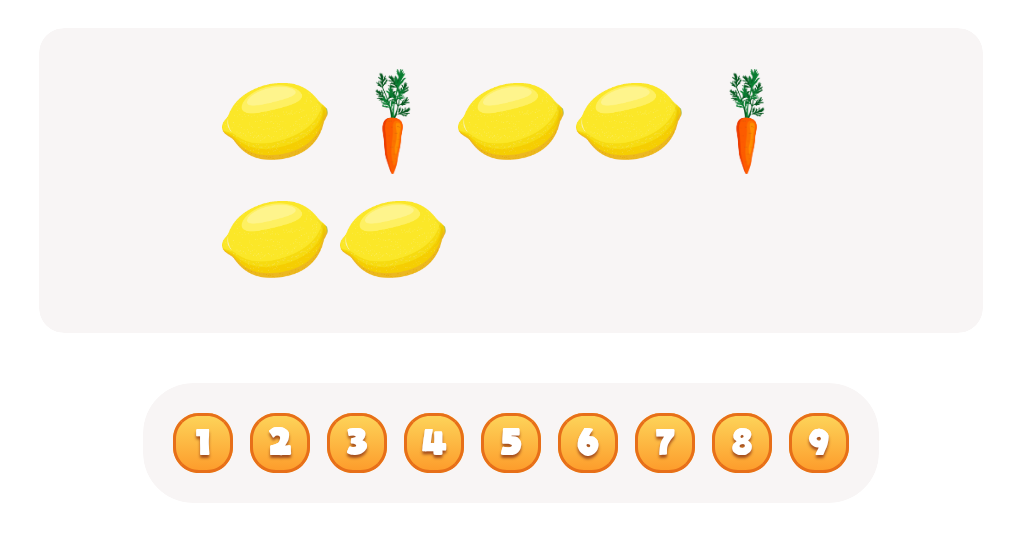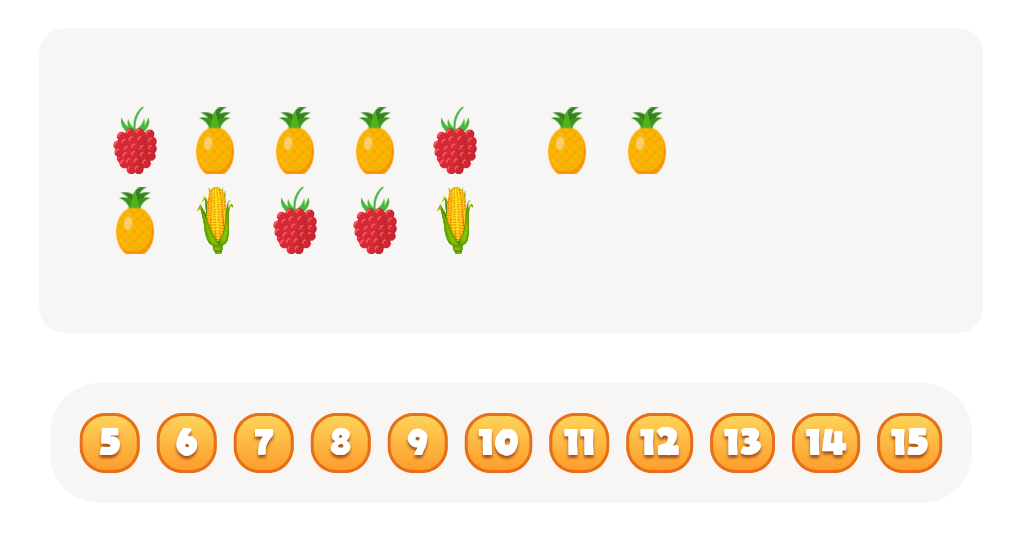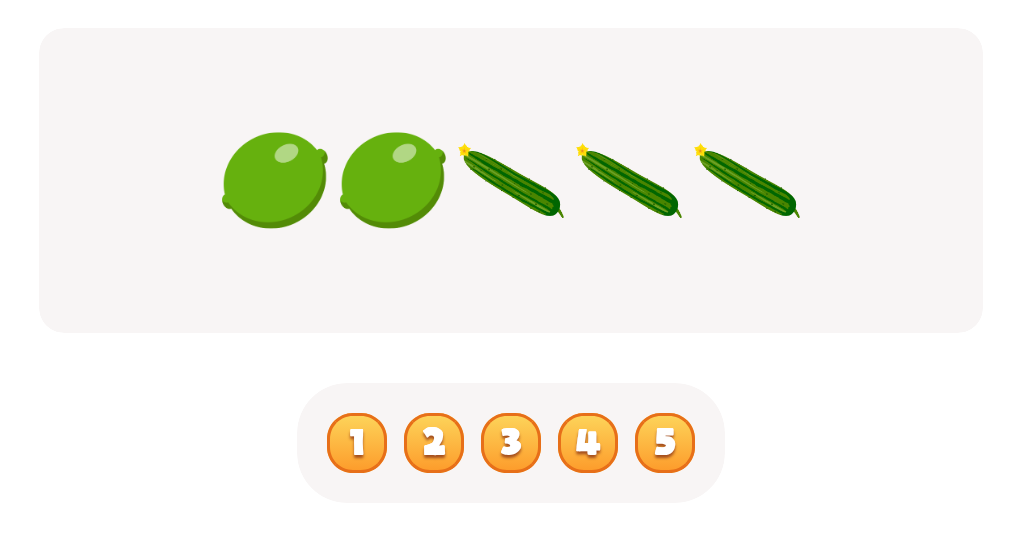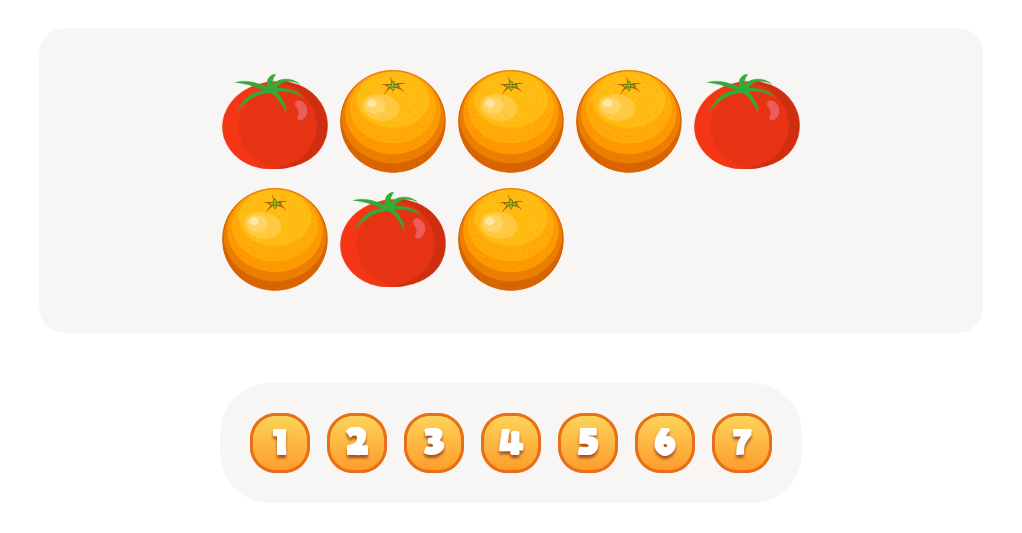Logical Reasoning Normal Plants and Animals Worksheets for Ages 6-9
5 filtered results
-
From - To
Unlock your child's potential with our Logical Reasoning Worksheets focused on Normal Plants and Animals for ages 6-9! These engaging worksheets are designed to enhance critical thinking skills while introducing young learners to the fascinating world of nature. Each activity encourages kids to observe, compare, and analyze various plant and animal life forms, fostering a deep understanding of their environments. With vibrant illustrations and age-appropriate challenges, your child will enjoy developing reasoning skills through fun exercises. Perfect for at-home learning or classroom use, these worksheets provide an excellent resource to support budding scientists. Start exploring nature's logic today!
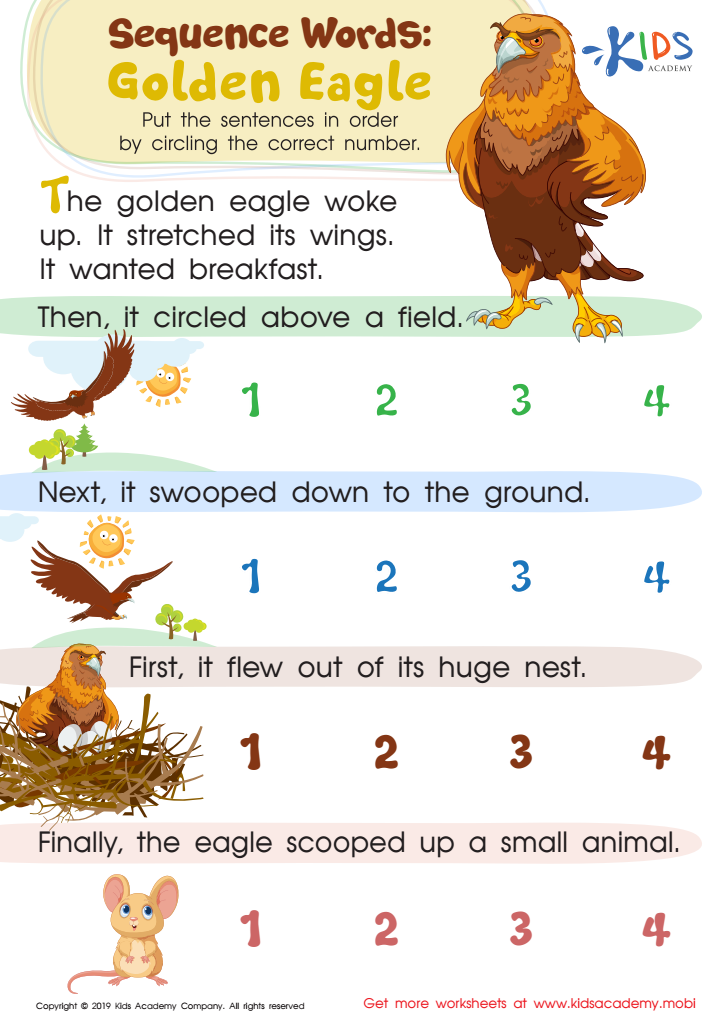

Sequence Word Eagle Worksheet


Sorting Animals in 3 Groups Worksheet
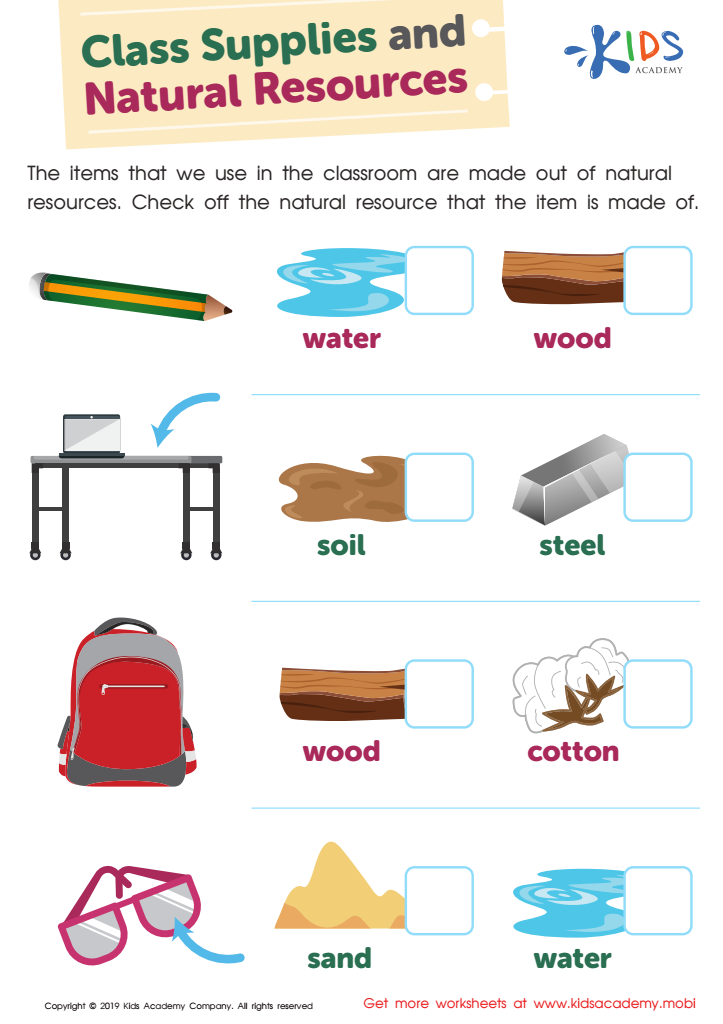

Class Supplies and Natural Resources Worksheet
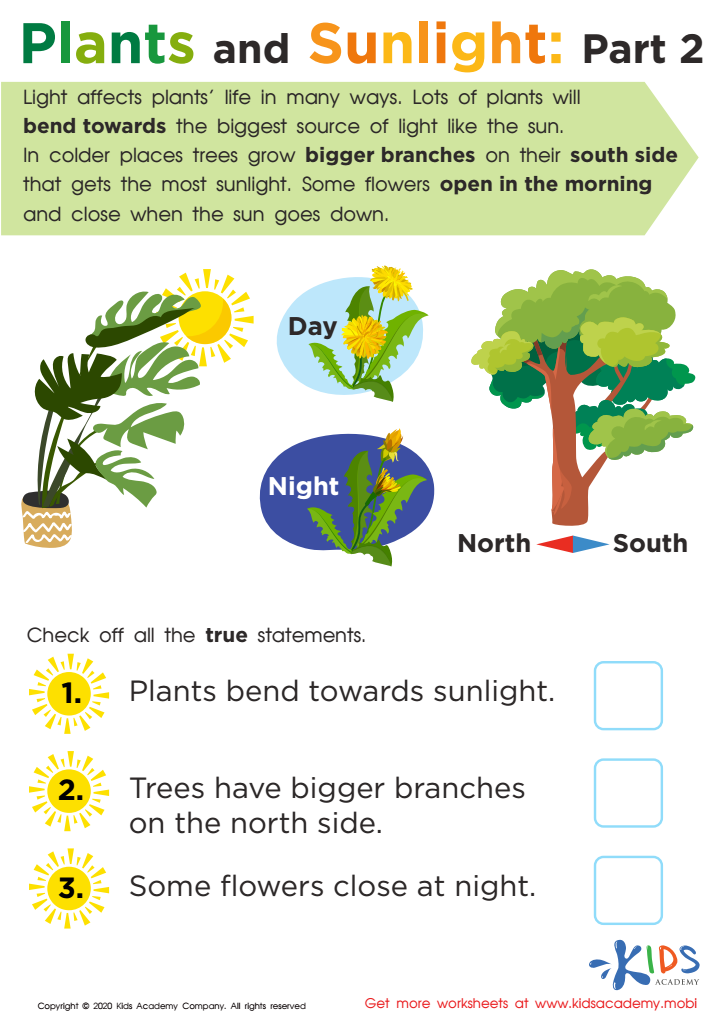

Plants and Sunlight: Part 2 Worksheet
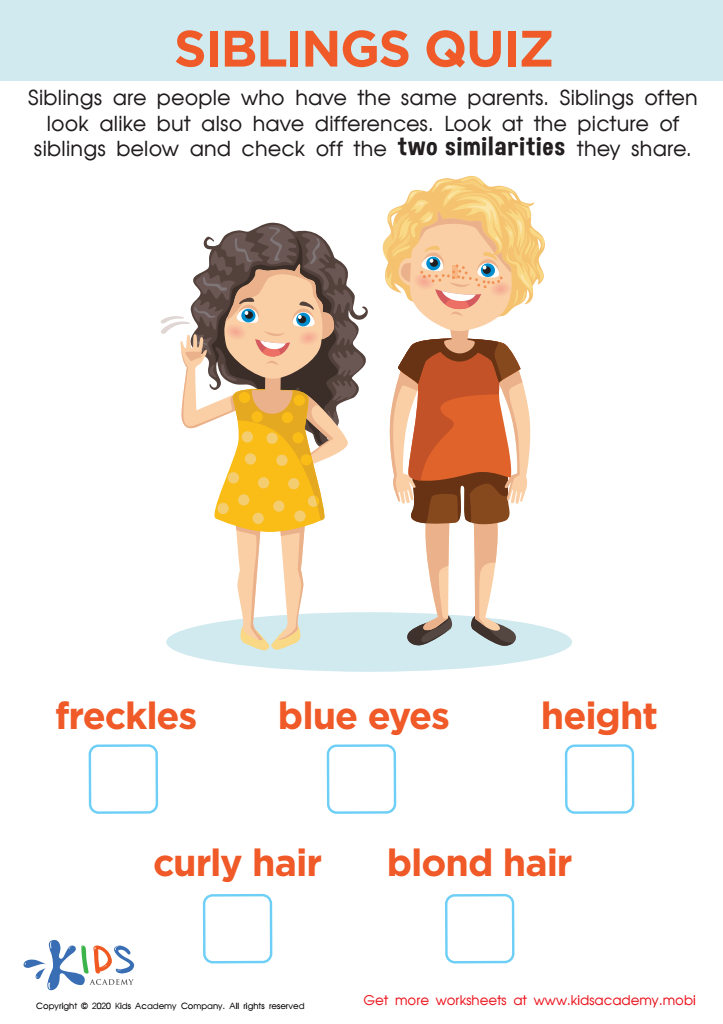

Siblings Quiz Worksheet
Logical reasoning skills are crucial for children's cognitive development, especially for those aged 6 to 9. Teaching children about normal plants and animals through logical reasoning promotes critical thinking, problem-solving, and decision-making skills. When parents and teachers introduce these concepts, they help children understand relationships in nature, fostering a deeper appreciation for biodiversity and ecology.
For instance, categorizing plants and animals based on their characteristics encourages analytical thinking. Children learn to recognize patterns, classify organisms, and make logical connections about how they interact within ecosystems. This foundation not only heightens their understanding of the natural world but also enhances their abilities in subjects like mathematics and science.
Engaging with logical reasoning about plants and animals also develops curiosity and inquiry. Children are more likely to ask questions, seek answers, and conduct simple experiments, leading to richer learning experiences. Moreover, nurturing these skills at a young age sets the groundwork for lifelong learning and adaptive thinking, skills that are invaluable in a fast-changing world.
Ultimately, parents and teachers should prioritize logical reasoning about normal plants and animals because it supports holistic development and fosters responsible future stewards of the environment.
 Assign to My Students
Assign to My Students
